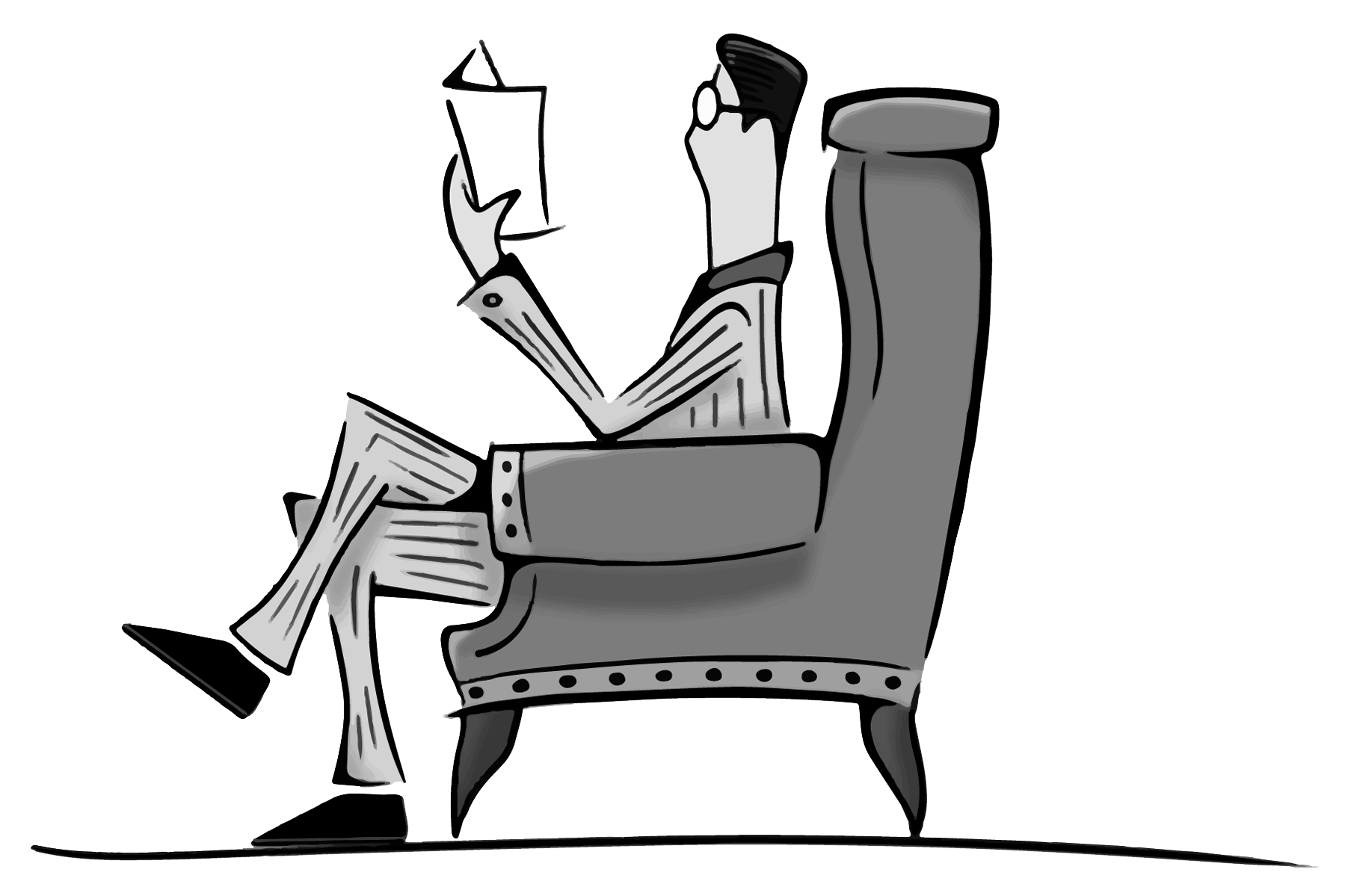Psychology and Christianity - Part 1: Understanding Terms
Psychology. What a loaded word! To some people, the word draws up images of great progress in the understanding of human behavior and cognition about which the ancients could never dream or of which they could never conceive. To others, ‘psychology’ is tantamount to idolatry and synonymous with ‘secular.’ Similarly, when people hear the word counseling, they may imagine anything from the psychoanalytic couch, to a group intervention with a drug addict, to an awkward conversation with a well-meaning pastor or mentor. What is psychology? Is it biblical? Are there many definitions of the term? Should biblical counseling draw upon the insights of contemporary psychological studies?
This series seeks to at least begin to answer the above questions. In this article broad definitions of counseling and practical theology are given. Then, the issue of defining psychology is addressed. In the remaining parts of the series, four broad Christian views of psychology are summarized and critiqued. Finally, the writer’s own way forward is provided while utilizing the strengths of the four views discussed. It is shown that the answer to the question of biblical-ness of psychology relies heavily on the definition of the term. It is argued that psychology is essentially a discipline of study, and a valid one for the Christian, with a certain domain or focus even though it takes a Christian worldview to most fully understand the discipline.
This is an integrative work discussing many topics including Scripture, logic, science, mental health care, and other disciplines. However, the theology and philosophy of psychology are the main areas of focus. Additionally, this series is not seeking to present the biblical psychology. Rather, it is proposing some ground rules and methods for the study of psychology from a biblical perspective.
Defining Some Terms: Psychology, Counseling, and Practical Theology.
Counseling
The American Counseling Association, a secular organization, defines counseling as “a professional relationship that empowers diverse individuals, families, and groups to accomplish mental health, wellness, education, and career goals.” This is a very broad definition open to interpretation and necessitating expounding. From this definition. two things are evident. First, counseling is first and foremost a relationship. As relationships are not usually static, counseling can be called a relational process. Second, counseling seeks to help the counselee achieve a broad range of goals. While counseling may include or be related to psychotherapy and clinical mental health counseling, it is much more than that. With this definition in mind, a discussion on practical theology will follow.
Practical Theology
According to Merriam Webster’s definition, practical theology is “the study of the institutional activities of religion (such as preaching, church administration, pastoral care, and liturgics).” Pastoral care is the care of shepherd for his flock. It is not only the duty of those who may officially be called pastor. There is only one Shepherd (or Pastor). That Good Shepherd is Christ. Because Christ has called us to oneness with himself, all Christians are pastors even as some are called to a more official clerical role. Therefore, practical theology and pastoral care are not only the domains of the ordained pastor.
The goal of practical theology is the glory of God and the conformity to his Image, Jesus Christ. This conformity is a matter of body, mind, heart, and spirit, which will never be fully completed in this age. The care of the pastor involves the facilitation of this conformity. Like the definition of counseling by the ACA, pastoral care is inherently relational, reflecting the Trinity and encompasses a broad range of goals. Due to the relational, goal-and-fulfillment oriented nature of both secular counseling and pastoral care, it is clear that they both occupy similar space. Next, the issues with defining psychology are discussed.
Problems with Defining Psychology
Logically, psychology sits in between practical theology and counseling. Practical theology and counseling generally have agreed upon definitions. Psychology, however, does not share a uniform definition in the conservative Christian world. The academic textbook’s definition is usually something like “the science of behavior and mental processes.” The etymological definition could be “the study of the soul.” Behavior, cognition, and soul are all terms that are very worldview dependent. All study is dependent upon one’s theology and philosophy to some extent. Psychology (and consequently counseling) is heavily dependent. Just as philosophy is the handmaid to theology, so too is psychology the servant of theology and philosophy. One’s understanding of behaviors (which must include ethics), of mind/body relationships, and of metaphysical anthropology in general are crucial. Since psychology is a worldview dependent term, there are at least four approaches to defining psychology and understanding its relationship to Christianity.
We have briefly set the state for exploring psychology. The next articles will explore those four views with a way forward proposed at the end.
Mitchell D. Cochran is a family life educator, a financial coach, and a board certified Christian counselor. He is the cofounder of Hope Initiative Consulting, LLC. and is currently attending Kairos University for his Th.D. (Doctor of Theology) in theological anthropology. Mitchell and his wife, Katherine, live in Colorado.


